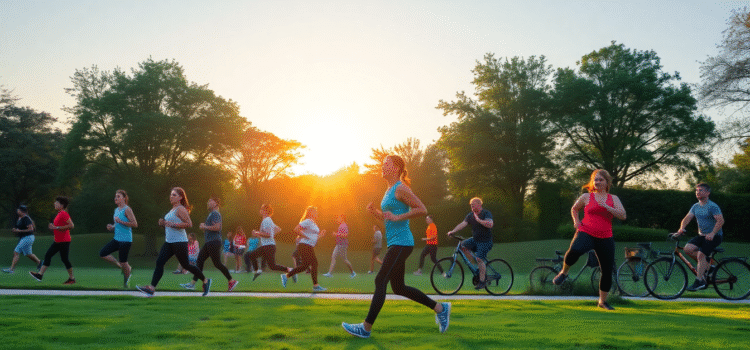
“`html
Coffee Consumption Linked to Lower Risk of Early Death: A New Study’s Revelations
Could your morning cup of coffee be doing more than just waking you up? A groundbreaking recent study suggests that regular coffee consumption is associated with a 12% reduction in the risk of early death. By analyzing data from over 500,000 individuals across diverse demographics, researchers have discovered compelling links between coffee consumption and longevity. This post delves into the study’s findings and uncovers the health benefits coffee drinkers may experience.
Understanding the Coffee Longevity Study
The coffee longevity study, featuring an expansive sample size, meticulously controlled for lifestyle factors such as smoking and exercise. This allowed researchers to isolate the effects of coffee itself on early mortality rates. The results are promising: participants who enjoyed coffee regularly reported longer lifespans compared to non-drinkers.
Health Benefits of Coffee: More Than Just a Caffeine Boost
The health benefits of coffee extend beyond caffeine’s immediate perks. The study indicates a significant reduction in cardiovascular disease risk and various cancer types among coffee consumers. These effects are attributed primarily to coffee’s rich antioxidant content and its anti-inflammatory properties, which are beneficial even for those who opt for decaffeinated versions.
Decaf vs. Regular: Similar Health Outcomes
Interestingly, the research findings indicate that both caffeinated and decaffeinated coffee offer similar health benefits. This points to compounds other than caffeine, such as polyphenols, contributing to the positive health effects observed.
Coffee Consumption and Chronic Disease Prevention
Regular coffee drinkers may enjoy a wide range of health perks, including:
- Reduced risk of developing cardiovascular diseases
- Decreased likelihood of certain cancer types
- Improved brain health, potentially reducing the risk of neurodegenerative diseases
- Enhanced metabolism, aiding in obesity prevention
Visualizing Coffee’s Impact on Health
To truly grasp the magnitude of coffee’s health benefits, visuals like charts and infographics can be invaluable. They break down complex data, making it easier to understand and share the story coffee consumption paints regarding reduced mortality risks.
Concluding Thoughts: Heartening News for Coffee Lovers
The recent study provides heartening news for coffee enthusiasts worldwide. With evidence now supporting the notion that coffee consumption reduces the risk of early death and carries numerous health benefits, it seems there are even more reasons to savor your daily brew. Engage with these findings, and consider how incorporating coffee into your daily routine might contribute positively to your health.
What do you think about these findings? Share your thoughts and experiences with coffee’s health benefits in the comments below. Let’s engage in a lively discussion!
Sources
For further information and to explore the original research findings, consider visiting the following sources:
- NIH Research Matters: Coffee Drinking and Longevity
- Harvard Health: Is Coffee Good or Bad for Your Health?
Frequently Asked Questions (FAQ)
What does the coffee health benefits research say?
Recent research links coffee consumption to a 12% lower risk of early death and a range of enhanced health benefits, including reduced cardiovascular and cancer risks.
How does coffee impact longevity according to the research?
The study found that regular coffee drinkers tend to experience longer lifespans, contributing to a reduced mortality rate.
What does the reduced mortality coffee study focus on?
The study focuses on isolating coffee’s direct health impacts by controlling for lifestyle factors like smoking and exercise.
Are there specific health effects of drinking coffee?
Yes, coffee consumption can improve cardiovascular health, promote better brain function, and enhance metabolism, among other benefits.
How does regular coffee consumption affect lifespan?
Regular coffee consumers have been found to enjoy a longer lifespan, thanks largely to coffee’s antioxidant and anti-inflammatory properties.
“`

















Comments